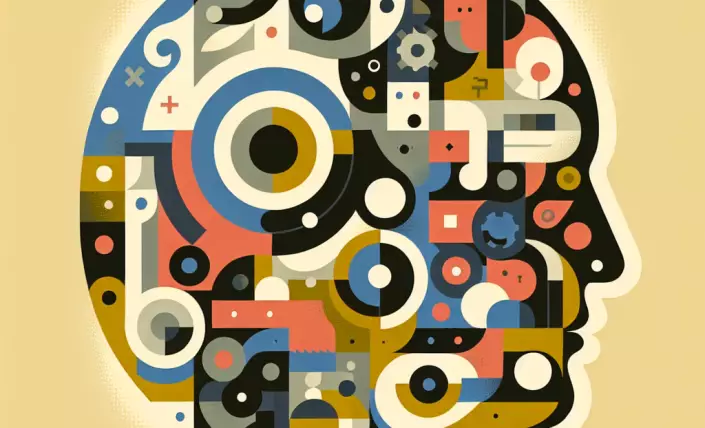Niccolò Machiavelli, a name often synonymous with cunning political maneuvering, offers a perspective on power dynamics that transcends the political sphere and extends into the realm of personal relationships. At the heart of Machiavelli’s philosophy lies the concept of power—how it is acquired, maintained, and sometimes lost. In his seminal work, The Prince, Machiavelli provides a pragmatic approach to leadership and governance, which, upon closer examination, reveals insights into human behavior and the intricate dance of manipulation present in everyday interactions.
One of the most striking aspects of Machiavelli’s philosophy is his unflinching analysis of human nature. He posits that humans are inherently self-interested, driven by desires that often clash with moral ideals. This perspective encourages a reevaluation of the moral frameworks that govern personal interactions. Machiavelli contends that successful navigation of social dynamics requires a willingness to embrace the less savory aspects of human nature. This does not imply an endorsement of amorality but rather suggests a pragmatic understanding of the motives that drive human actions. By recognizing the underlying motivations of others, individuals can better position themselves to influence outcomes effectively.
In personal relationships, the Machiavellian approach emphasizes the importance of perception and reputation. Much like a ruler must maintain the appearance of virtue and strength to secure loyalty and deter rebellion, individuals in their personal lives must curate their image to influence how others perceive them. This strategic self-presentation is not merely about deceit but rather about aligning one’s public persona with the expectations and values of their social context. In doing so, individuals can cultivate trust and loyalty, essential components for any enduring relationship.
Furthermore, Machiavelli’s insights into the balance of fear and love serve as a profound reflection on the dynamics of authority and affection. He famously argues that it is better to be feared than loved if one cannot be both. While this notion may initially seem harsh, it invites a deeper consideration of how power dynamics operate within personal connections. The challenge lies in maintaining respect and influence without tipping the scales toward resentment or hostility. In essence, Machiavelli prompts us to consider how we wield power in our relationships, urging a balance that respects both authority and empathy.
Ultimately, Machiavelli’s reflections on power and human nature challenge individuals to confront the complexities of their social environments. By understanding the mechanisms of manipulation and influence, one gains the tools necessary to navigate the intricate web of human connections. In doing so, we are not only equipped to achieve our personal goals but also to foster relationships that are resilient and mutually beneficial. Thus, the art of manipulation, as illuminated by Machiavelli, becomes not merely a tool for personal gain but a lens through which we can better understand and engage with the world around us.










